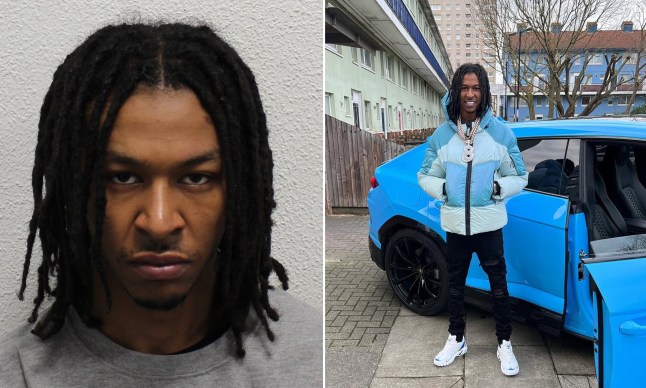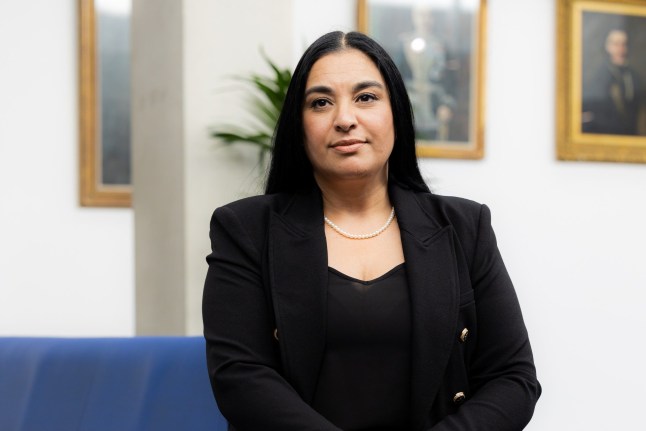
Life for Nina Aouilk was always different. While her two older brothers were given freedom and treated as valued members of the family, she was groomed for servitude and expected to uphold her family’s honour.
‘I was disowned at birth, if I’m honest. When they realised they had a daughter instead of a son,’ Nina, now 55, tells Metro.
From the age of six, she says she was responsible for serving her family and instructed not to make eye contact or to be heard. At school, she was also treated with disdain. ‘I was always the “dirty” girl, I didn’t have a lunchbox and I don’t remember being fed, but nobody questioned anything,’ she recalls.
One of the few people of colour at school, Nina endured racial bullying and even encountered prejudice within her community, deepening her isolation. ‘I was too fair and well-spoken in comparison to some of the other people from my culture. I didn’t belong at home or at school. I was caught between two cultures, with no sense of where I fit in.’
At 14, things took an even darker turn. When serving food to her father and his friends, the atmosphere was tense and they were drinking excessively, she recalls. ‘I instinctively knew something bad was going to happen. I was thrown onto a table, punched and my nose was broken. What followed was a brutal group sexual attack. Something I buried until I was 50,’ says Nina, who now runs the grassroots charity End Honour Killings.
The following year, in 1986, she entered an arranged marriage aged 16 to one of the perpetrator’s sons. Nina describes suffering extreme abuse in her marital home, claiming she was forced to eat from the dustbin and tied up with a metal coat hanger until she bled. When she turned 18, a registered marriage was formalised.
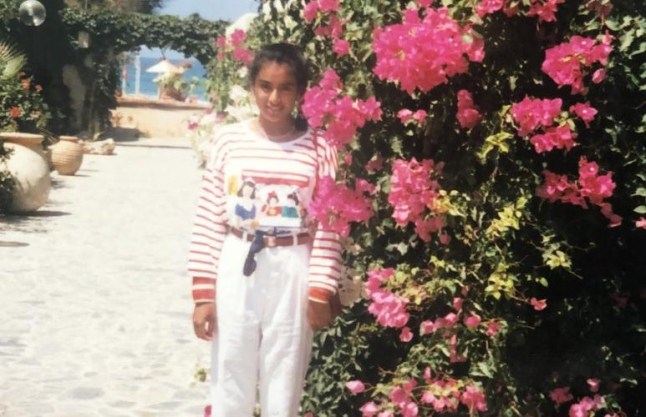
‘I felt like I was tortured in so many ways,’ she says. ‘At home I at least had my own room for security, whereas [in the marital home] I had no door, living under the stairs. I had nothing. Psychologically that affected me hugely. For the first time in my life, I started to hate who I was.’
By the time Nina was 21, a work friend mentioned that their parents had become more accepting of interracial dating, a taboo in her Indian culture. ‘I thought, “wow, her parents must have changed”, so maybe mine had too. I wanted to believe that. I didn’t think I could walk out until someone suggested it.’
It gave Nina the courage to escape her marriage and return home. ‘I romanticised another reality because I wanted it to be true – I wanted to go home and to be looked after,’ she admits. ‘But then I realised it was the biggest mistake I’d made.’
When she arrived at her family’s doorstep, Nina furious family told she had ‘tarnished’ their honour, as she had rejected an arranged marriage which would bring shame to the family.
This Is Not Right
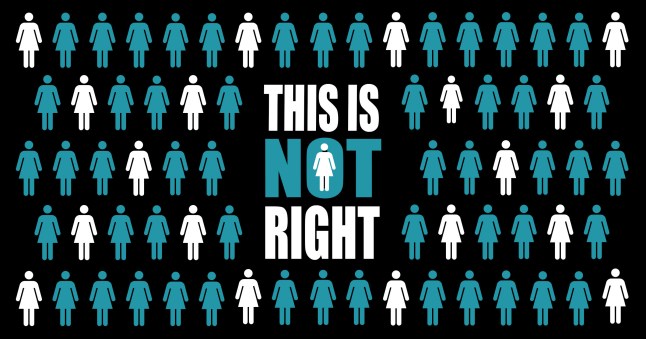
On November 25, 2024 Metro launched This Is Not Right, a year-long campaign to address the relentless epidemic of violence against women.
With the help of our partners at Women’s Aid, This Is Not Right aims to shine a light on the sheer scale of this national emergency.
You can find more articles here, and if you want to share your story with us, you can send us an email at vaw@metro.co.uk.
Read more:
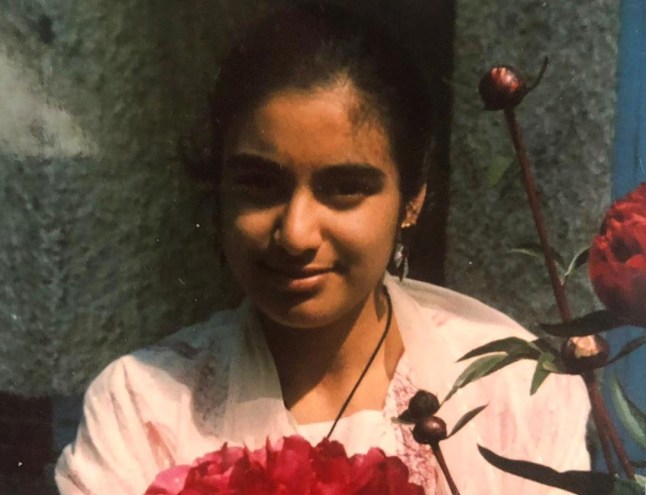
‘I was beaten in a very horrific way by my father and my eldest brother,’ she remembers. ‘When I went to protect myself, my arm was broken. The pain was excruciating, but I almost didn’t feel it because I was waiting for the next blow.’
Nina says she lay on the sitting room floor for days, drifting in and out of consciousness, hallucinating from the pain. In the large house, family members passed by the room, only communicating with her to say she was being sent to India later that week.
Nina realised she had just two choices: to live or to die. ‘Using my forearms I slowly dragged myself to the kitchen, then to the back door.’
Miraculously, she was able to clamber over a garden fence and collapse in a nearby park, her bloodied and bruised body hidden in the undergrowth. When she awoke at dawn the next day, Nina stumbled to a nearby taxi rank and was hurriedly escorted to the police station.
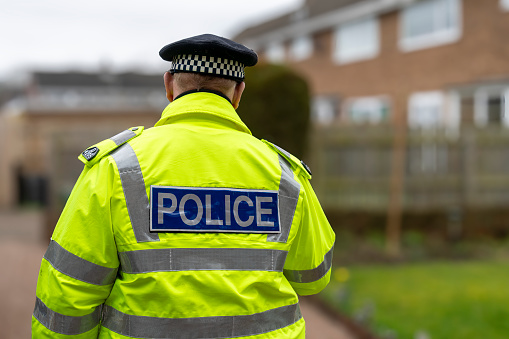
‘I remember standing in the station, aged 21, being thoroughly checked and having my details taken,’ she remembers. ‘I thought action was going to be taken – until I used the words “honour killing”. The officer asked why anyone would do such a thing, and I explained. But then he threw the pad down and simply called an ambulance.’
Nina believes that the police officer refused to take further notes as he thought it would be too difficult to prove what had happened to her. ‘I’m still trying to get my records,’ she adds. ‘But because it was all done on paper back then it’s hard to retrieve.’
After being treated at hospital, Nina was taken to a women’s hostel in Kettering. Over the next three years she began to piece her life back together and by 23, she had built a successful print machinery business, become a millionaire and had her first of three children.
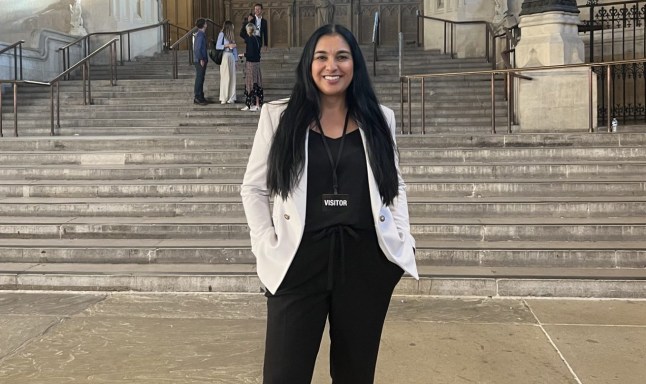
Although life looked good on the surface behind the scenes Nina had ended up in another abusive relationship, which included an incident where she ‘fell’ down the stairs while eight and a half months pregnant causing the loss of her unborn child.
Once again, she had to make the decision to flee the relationship. ‘There was no one coming to rescue me. I had to do it myself,’ she recalls.
Although Nina’s ordeals have been harrowing, they are certainly not rare. Her story is just one of thousands, with over 3,000 honour-based abuse cases reported each year in the UK – a number experts anticipate is far higher in reality.
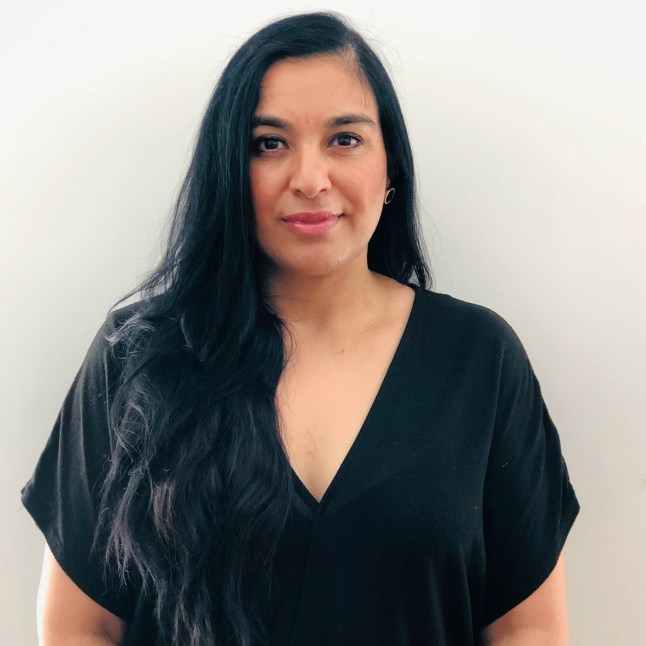
Many individuals remain silent for decades – if they survive at all. Victims often face financial, physical and mental abuse, compounded by fear of shame and societal pressure that prevents them from speaking out.
After her own experience with the authorities, in 2023 Nina founded the charity, End Honour Killings, to work with police to help victims escape forced marriages and honour-based violence. Funded by her work as a life coach, the charity offers online support, rescue operations, care packages and temporary accommodation.
‘I had a choice: to work with or against the police. We need more voices of survivors with lived experience,’ she explains. ‘New recruits come in full of energy, but senior officers can become detached, which makes victims back off. I’m teaching them to change their language.’
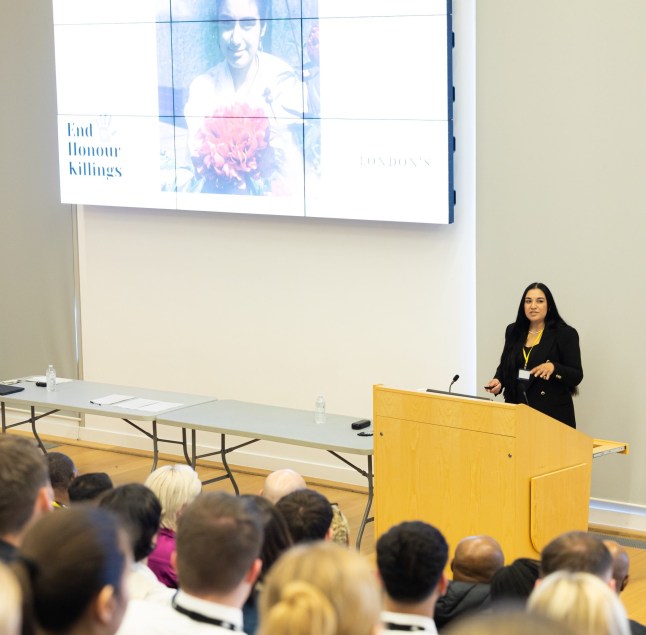
Since it launched, the organisation has seen a 40% rise in emergency calls and has received over 17,000 messages from victims in the last year alone.
‘I never imagined I could change lives – but surviving led me to this work, and I’m grateful every day,’ says Nina, who also trains Met Police recruits and serves as the only survivor on the UK government’s Forced Marriage Unit.
While a recent attempted honour killing case near Croydon resulted in conviction, many others do not see justice and Nina believes there needs to be a change in the legislation surrounding cases like these. ‘I want to change the law to replace ‘honour-based violence’ with ‘attempted murder,’ she says. ‘We need stricter sentencing. We shouldn’t take into consideration cultural influences but treat it as murder – wording I wish I’d used when I was 21.’
Shockingly, 1 in 3 victims of honour-based violence is under 18, adds Nina. She recalls cases of young women who disappeared or lost their lives while trying to escape. ‘It still haunts me,’ she says.
‘But, this work is my purpose. Domestic violence happens in every nationality, every culture, every country. Women are still sometimes seen as second class citizens. I believe I survived for this reason – to make sure everyone has the chance to fight back.’
